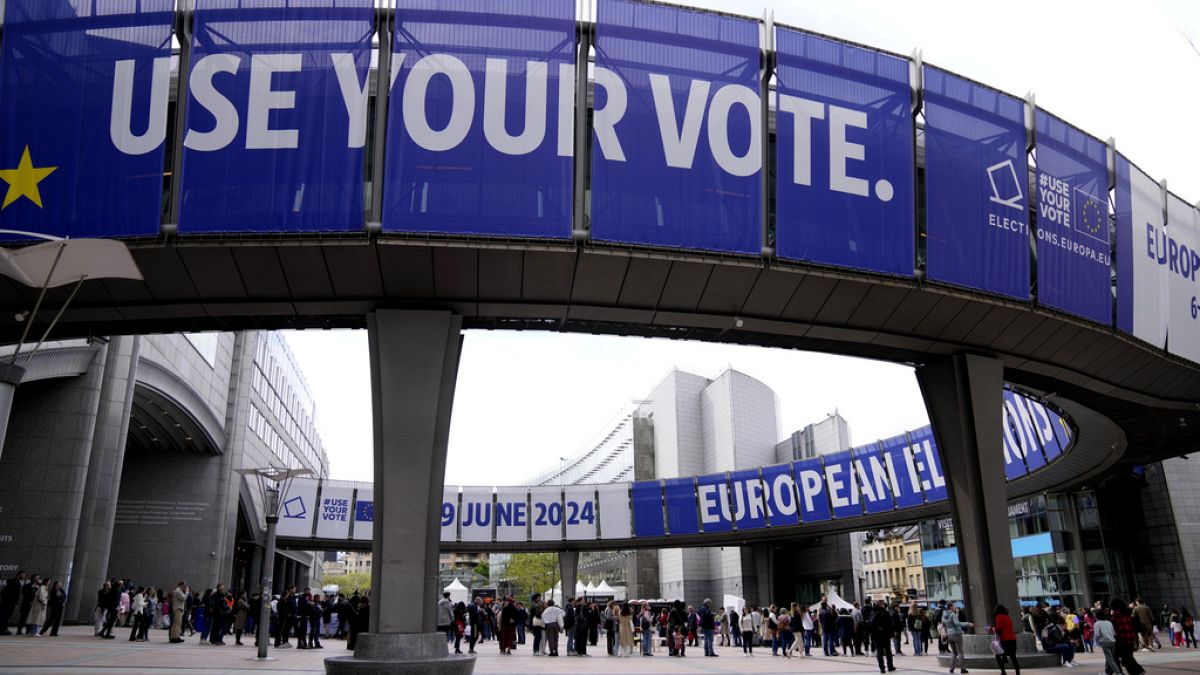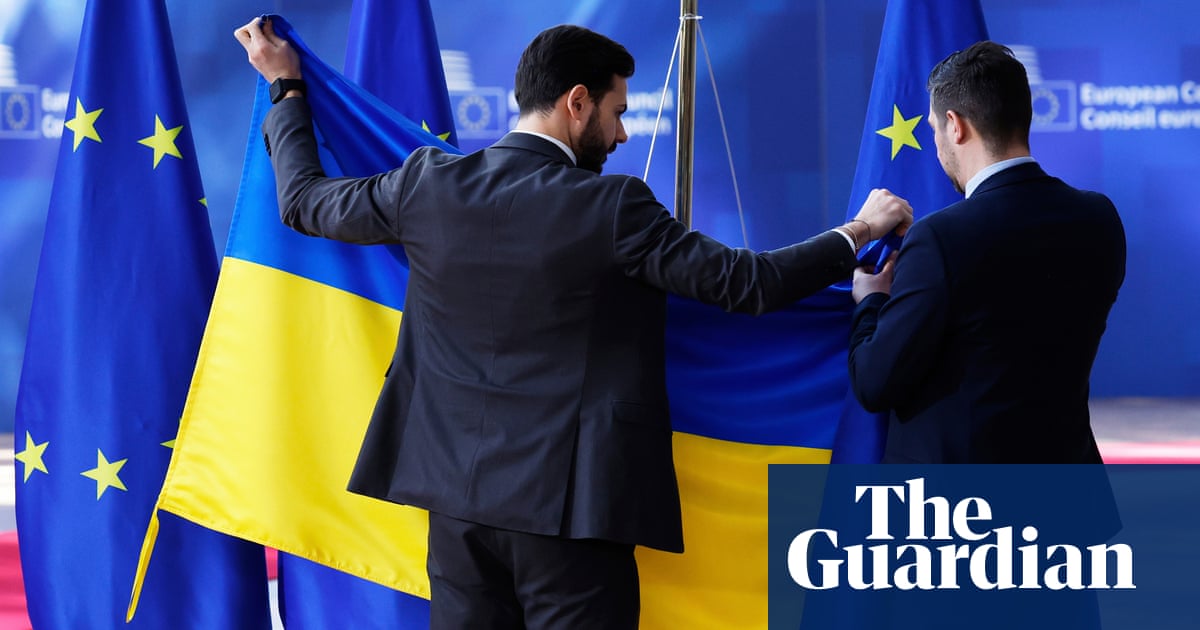Why is Central Europe prone to fake news ahead of European elections?

Recent statistics show that at least half of the population in countries such as Slovakia, Poland and the Czech Republic are exposed to misinformation online.
Around 45% of Czech Republic’s population was exposed to false narratives in the first quarter of 2024, according to new figures from the Central European Digital Media Observatory.
This number was even higher in Slovakia, standing at about 58%.
The CEDMO said that in March, Slovakians reported encountering more misinformation than accurate news – in fact, this happened for the first time since August last year.
A separate report by Digital Poland suggests that up to 84% of Poles have come across fake news, with nine out of 10 respondents believing at least one piece of false information.
The results show a dangerous trend that is particularly alarming in the run-up to the European elections.
Central and Eastern European countries are at particular risk of misinformation due to their proximity to Russia, according to Dr Péter Krekó, coordinator at the Hungarian Digital Media Observatory.
“Russia has always been a certain kind of laboratory for disinformation, of pro-Russian narratives,” he told The Cube.
Krekó explained that the region previously belonged to the Soviet sphere of influence, with each country being led by communist, pro-Soviet regimes, the remnants of which can still be seen among certain current politicians.
“These are countries where Russia simply has better networks … and politicians who are quite ready to spread Russian narratives,” he said. “And especially in Slavic countries, I think there is a higher resonance to such kind of messages than in other parts of Europe.”
However it’s not only pro-Russian misinformation that the region is exposed to, and the same is true of the rest of Europe.
False narratives regarding the war in Ukraine, climate change, immigration and public health – for example fake news about the COVID-19 pandemic – can be just as prevalent in the west of Europe as they are in the east.
These topics tend to be peddled by the far-right, according to experts, and see a particular boost in dissemination in the lead-up to EU elections.
“As you can hear from the list, there is nothing really special, honestly, about Central and Eastern Europe in the sense that these are all topics that you can see in Western Europe as well,” Krekó said. “Of course, there are national variants of different topics, but the general topics are pretty much the same everywhere.”
In fact, experts say that we are all more susceptible to disinformation these days because of the ways we passively absorb and digest media: we’ve gone from ‘homo sapiens’ to ‘homo videns’ – humans who watch.
“It means we’re swallowing, reflecting, messaging and thinking, because of the domination of social media and communication, as well as simplifying the content,” Dr Robert Rajczyk, associate professor at the Institute of Journalism and Media Communication at the University of Silesia in Katowice, told The Cube.
He said that false information is operated with different tools, namely persuasion, propaganda and manipulation.
With the European elections mere weeks away, malicious actors may be employing AI to launch thousands of micro-campaigns with micro-targeting strategies aimed at potential voters, rather than one large electoral campaign, according to Rajczyk.
Krekó also noted that political players are paying big tech platforms, such as Facebook and YouTube, enormous sums of money for advertising campaigns, many of which are spreading misinformation.
Despite this, there are various ways you can protect yourself from any fake news they may share.
“First of all, we use reliable sources of information, usually mainstream media, rather than commentaries online, for example,” said Rajczyk. “Media literacy, education and fact-checking are in my opinion the best solution for disinformation and can provide us the free choice during the European elections.”
He added that we should make sure we’re engaged in political life.
“Be critical,” he said. “Critical thinking is the core idea of protection against disinformation. Of course, I’m not suggesting stopping using the internet and social media, but verify information.”
“Let’s have a habit of checking everything, to fact-check everything which is sensational, unbelievable or shocking,” Rajczyk added. “Let’s learn how to use social media in proper way.”
So, the best piece of advice is, when you see something, do spend some time thinking about it.
Related
Zelenskyy reiterates call for air truce after huge Russian attack…
We need Russia to stop attacks, Zelenskyy says, backing calls for truce in air, at seaUkrainian president Volodymyr Zelenskyy has responded to overnight attacks
Europe scrambles to rearm as Trump threatens security guarantees and…
CNN — European leaders have vowed to rearm the continent at historic emergency talks h
Russia launches ‘massive’ attack on Ukraine after Europe rushes to…
Ukraine's energy and gas infrastructure came "under massive missile and drone shelling" by Russia on Friday, a Ukrainian minister said."The energy and gas infra
American severance may be averted, but Europe’s leaders must fear…
With a mixture of regret, laced with incredulity, European leaders gathered in Brussels to marshal their forces for a power struggle not with Russia, but with t












